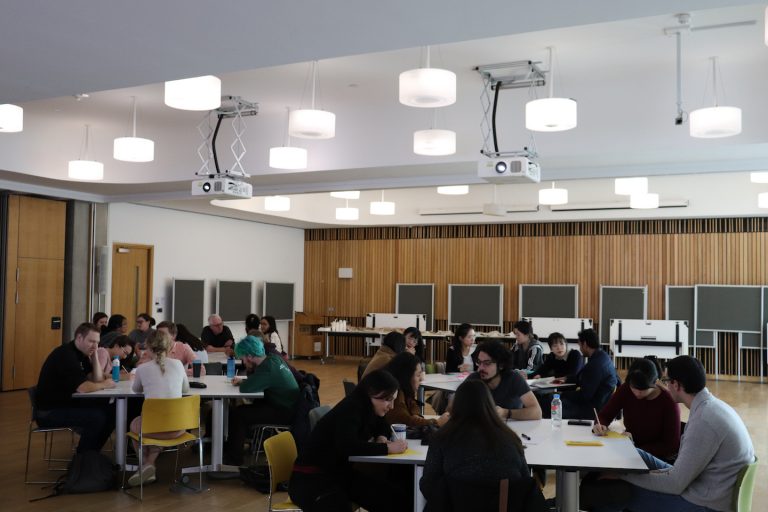Protocols
How can the use of ‘protocols’ help establish and legitimize listening as a reliable research methodology across disciplines?
In what ways can a protocol retain critical and creative vibrancy?
Through each phase of LxDII, listening protocols and vocabularies have been two interlinked aspects of the research project.
They have now been brought together on our new interactive Platform for Listening Protocols and Vocabularies created by our partner Finetuned.
Historically, benefits of listening have been neglected in most disciplines due to its perceived unreliability. Recently there has been a marked sonic turn across the arts and humanities, with a growing interest in sound and listening. However, in science, despite evidence of a broad interest in sound, listening is used mainly as a qualitative process, considered to lack legitimacy and viewed as subjective and peripheral to established data analysis methods, and being in need of technological (visual) verification.
In response, a core part of the research project is dedicated to the development of ‘listening protocols’ that organise and articulate listening in a way that is useful and adaptable to various disciplines, enabling and legitimising sonic processes and materialities as part of research and knowledge production. Such protocols are derived from practice and the observation of practice, and take the form of an instructive document that while providing a shareable framework retain space for the contingency and unrepeatability of sound.
There is an intrinsic paradox in our aim to organise the unrepeatable and contingent practice of listening into protocols, which are frameworks for ensuring repeatability and reliability. Protocols by their very nature reduce processes into articulable formulas and steps. Sound’s knowledge when it is not reduced to data and semantic reference, refuses such an organisation. This project engages very deliberately in this paradox, aiming to find a shareable and transferable methodology without ignoring the particularity of listening and sound.
For this reason these protocols are worked out from practice rather than theories or instructions. Their format and content is developed from the listening processes observed during the fieldwork of phases 1 and 2. During that time we work with home and partner institutions, observing and analysing their listening approaches, to develop six sample protocols. Subsequently we test these protocols on the partner disciplines of phase 3, which while concerned with sound do not necessarily listen as part of their work. During Phases 4 and 5 we refine best practice protocols and apply them via sonification to the largely unsound context of social exclusion (LSE).

Workshop on Protocols: Edinburgh University
We are interested in building protocols for a variety of reasons:
- to explore the possibility for developing best practice models and transferable methodologies across disciplines
- to test protocols in disciplines that do not involve sound or sonic data
- to identify the pedagogical impact such protocols might have in teaching and learning and the possibility for their intervention in curriculum design.
We do not want to create a cookbook of listening through the development of protocols and recognise the threat of homogeneity and deskilling that protocols can induce. Art and design can offset some of this anxiety through creative histories of manifesto making and text/graphic scores. With this in mind we are leaning on the implied legitimacy of the protocol itself in the hope of making our own that can be shared and useful; that carries a sense of social responsibility; that can be generative and disruptive; and have pedagogical impact and perhaps even evidence itself as a mapping, questioning or diagrammatic score. Hence, we are conceptually framing this research strand as a ‘protocoling’: an ongoing doing and practicing generated from embedded fieldwork, workshops and public co-construction.






